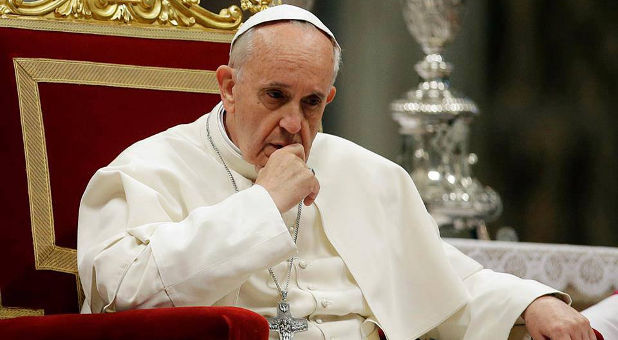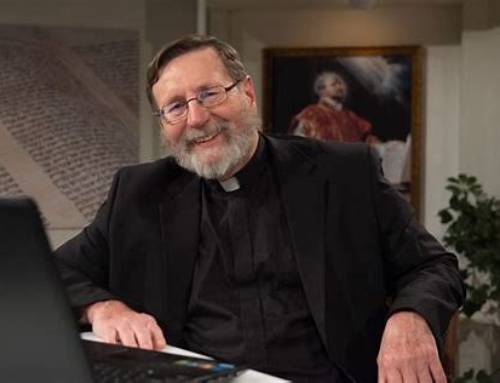I have just finished reading Austen Ivereigh’s biography of Pope Francis in order to review it alongside a new book assessing the Francis papacy called The Synodal Pope. One of the themes of Pope Francis’ life that Ivereigh brings forward time and again is the need for the church to be involved in mission and evangelization.
These are happy buzzwords, but like much in the Francis papacy, they are suitably vague. The theological foundations of the concepts aren’t really clear. Subsequently “mission” or “evangelization” can mean pretty much whatever you want them to mean. So a person who is involved in feeding the hungry or helping immigrants may very well (and legitimately) see their work as mission and evangelization. An educator may regard teaching as mission, a medical professional sees his or her caring work as mission and evangelization.
When this is extended to the bigger picture of the whole church it can be easy to conclude that the Catholic Church’s main mission and means of evangelization is what used to be called the “corporal works of mercy.” The mission of the church is therefore helping people with their material needs, and it follows that if one is serious about this, then the underlying causes of inequality, poverty, lack of educational resources etc. must also be addressed. Thus the mission of the church very quickly becomes political and economic and environmental. The Church’s mission becomes a great long battle for peace and justice.
While this is admirable, it is NOT actually the main mission of the church. What was remarkable about Ivereigh’s biography of Pope Francis is how the emphasis on the material mission of the church was emphasized almost to the exclusion of the liturgical and sacramental mission of the church. The mission of preaching Christ crucified for the eternal salvation of souls and integration into the saving sacramental life of the church was almost completely overlooked.
I think this is because Pope Francis was working within a predominantly Catholic culture. Ivereigh’s study indulged in an amazing amount of detail about how the fortunes of the Jesuits in Argentina paralleled the extreme roller coaster of Argentina’s political and economic life. The struggle seemed to be not how to convert souls to Christ, but how to help Argentinean Catholics and how to successfully integrate Catholicism into the culture.
The emphasis on this type of mission may have been what was needed then and there, but as a model for the entire Catholic Church its a swing and miss. This is not because social justice and the mission to help people is wrong or un-necessary, but because the eternal mission of the Catholic Church is bigger than that. In other words, it is not a question of right or wrong, but a question of priorities.
It seems to me that three concepts vie for top place. “Mission” (I suggest) is the primary mission of the church to proclaim fearlessly the saving message of the cross of Christ. “Ministry” is important and is the word for pastoral care, social justice, helping the marginalized, reconciling and forgiving. “Maintenance” is the necessary repair, reform and renewal of the Church–vital in every age.
To promote ministry or maintenance over mission is to have the wrong emphasis. However, in saying that, within the wider view of Church history it may be that at a particular time in the church mission may need to be at the forefront (as it has been under Francis) as a necessary corrective–to balance what may have been an overemphasis in previous years on maintenance and mission.
As Francis’ papacy begins to draw to a close let us hope that his laudable emphasis on ministry to the margins, assistance to the needy and mercy for the lost will be a reminder in the next papacy which may emphasize mission and maintenance more.







Leave A Comment
You must be logged in to post a comment.